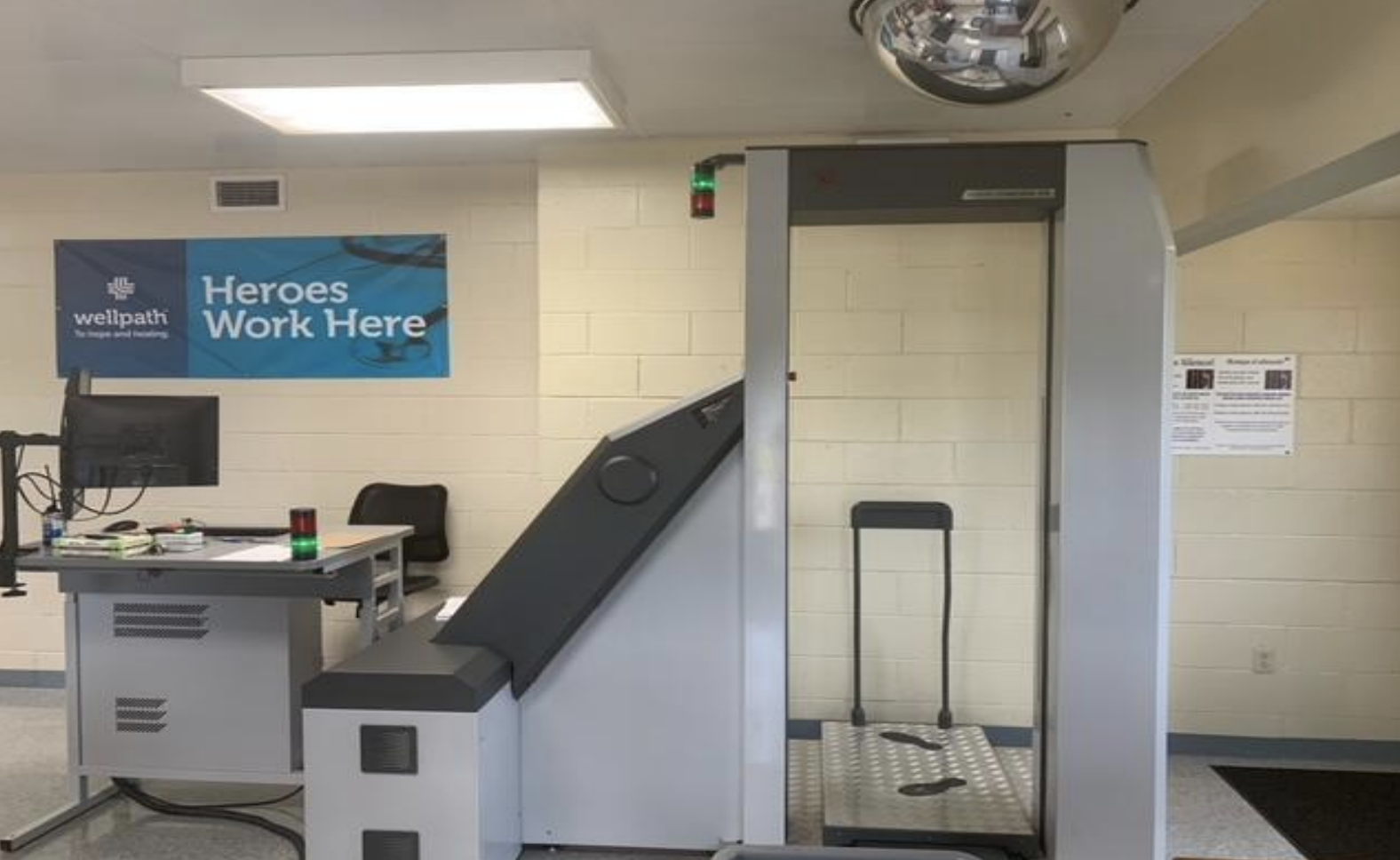John, 41, has been incarcerated in the Georgia Department of Corrections (GDC) system for the past five years. Around 2020, he began experiencing pain and swelling in his abdomen; simultaneously, his vision was becoming more and more cloudy.
In late 2021, he was diagnosed with hepatitis C. Because his viral load was already dangerously high, it seemed that the hep C had been progressing untreated since long before he began his sentence. His vision impairment was subsequently diagnosed as third cranial nerve palsy and optic neuritis. Surgery has a good chance of restoring his sight completely; he was told that he’d have the necessary procedure once he’d finished the course of antiretroviral medication that cures hep C.
But a full year passed before he received the pills. During that time, his health deteriorated to the point that he was at risk of liver failure. He developed blood clots, and by the time medical staff caught them it was already too late to avoid having to amputate a pinky toe and part of a big toe. Clots were also detected near his heart, and not all of them could be removed.
He’s still waiting for word on his vision surgery. The longer it’s delayed, the less effective it’s likely to be. The understaffing crisis has resulted in widespread medical neglect, particularly under current contractor Wellpath following GDC’s 2022 transition to privatized health care. But it’s grown especially dire in the Americans With Disabilities Act (ADA) dorms, which house John and other prisoners with qualifying conditions.
GDC did not respond to Filter‘s request for comment. This interview has been edited for brevity and clarity.
“It’s just a crisis for everybody.”
C Dreams: What kinds of medical needs are common among folks in the ADA dorms?
John: Some people are hearing-impaired, vision-impaired, a lot of [different] disabilities. You’ve got some who are totally blind and they don’t have anybody to help get them in and out of the showers, get them in and out of rooms … there’s been more accidents.
There are some folks in their 30s, but it’s mostly older folks in here. Older guys, blind guys, other prisoners feel it’s easier to bully them. It’s just a crisis for everybody.
“In a medical emergency, there’s really nothing that can be done.”
How has the situation changed since COVID?
Being that there’s never any staff in the building anymore, it’s real dangerous. On a weekend, you might have maybe three to four officers. For maybe 1,500 people. They lock the gate every night, and sometimes during the day—so in a medical emergency, you know, there’s really nothing that can be done.
When staff holler across the yard for call-outs or for chow call, a lot of guys don’t know. Or can’t see when it’s time to eat, and can’t do their call-outs when they come in. Nobody’s there to help them know they gotta do that. Nobody’s there to get them to doctor appointments. It’s the deaf leading the blind most of the time.
“If I don’t get this treatment before I max out, once I get out on the street I’ll lose my eyesight for good.”
How are you doing with your own symptoms?
My eyesight’s getting worse. It’s got to where I can’t hardly see and I’ve got to squint. I go through challenges. How to get laundry. How to get my trays. Not being able to move around. The pain behind my eye—sometimes that’s worse than losing my sight, in its own way.
I’ll max out my sentence in August. If I don’t get this treatment before then, once I get out on the street I don’t have no way to pay for it. So I’ll lose my eyesight for good. I can’t really say I have anybody to help, so I worry about how I’m going to get around. I worry about finding a job. It’d be hard.
But they ain’t give me an alternative. I think they just keep delaying me due to me fixing to go home. They won’t have to pay that way.
“I think it’s easier for staff to ignore the ADA prisoners, like we don’t pose a threat.”
Have you been able to file any grievances?
I’ve tried. But they’re understaffed on the counselors here too, so they all went electronic and you have to file them at the kiosk. Which has been down for a couple of months now.
I think it’s easier for staff to ignore the ADA prisoners, like we don’t pose a threat. They don’t really treat us any differently than anyone else though, in terms of [providing accommodations]. So we end up having a lot less access to programming.
At one point they were talking about putting in strobe lights and an intercom speaker so more people could see and hear when they had call-outs or chow call, but it never happened. When the audits come up they do all kinds of stuff, but other than that I doubt it’ll happen.
Photograph via Arkansas Department of Corrections





Show Comments